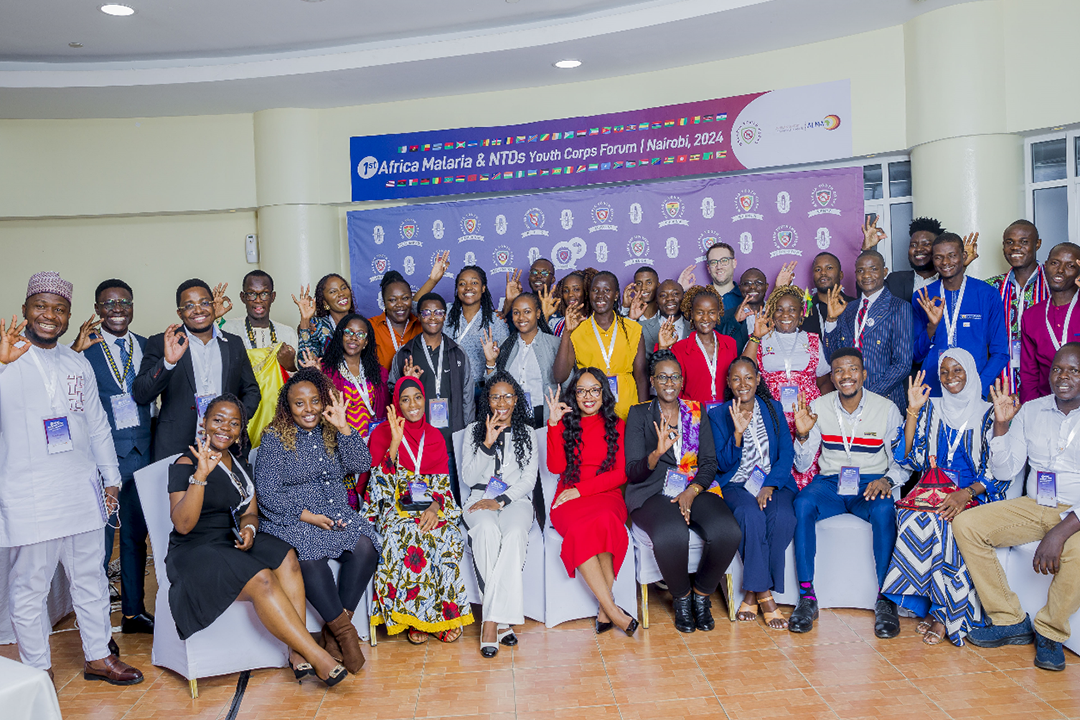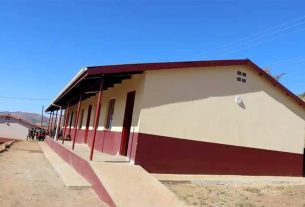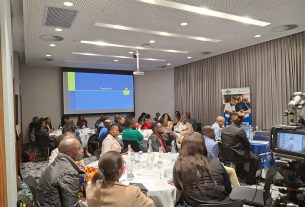BY PHESHEYA IAN KUNENE
MBABANE – Young leaders in Eswatini are stepping up with bold ideas and renewed energy to help drive the country closer to a malaria-free future.
The Eswatini Malaria Youth Corps (EMYC) has reasserted its commitment to strengthening the role of young people in the fight against malaria and neglected tropical diseases (NTDs), following a two-day capacity-building workshop held on April 1 to 2, 2025, at The George Hotel in Manzini.
According to EMYC Chairperson, Professor Shabangu, the workshop brought together 35 stakeholders, including 23 youth representatives from Eswatini’s four regions. These young participants, together with their teams, are expected to champion innovative community-based strategies aimed at eliminating malaria.
Shabangu explained that the training focused on malaria programming and the use of a data scorecard to monitor progress, identify gaps, and drive evidence-based improvements. “We are capacitating the youth to not only understand the science of malaria elimination but also to lead advocacy and programming at community level,” he said.

The Chairperson noted that the African region has placed youth engagement at the heart of malaria elimination efforts, viewing it as a catalyst for progress. “The youth form the majority of Eswatini’s population. Their energy, innovation, and potential to influence are critical tools in this fight,” he added.
The Malaria Youth Corps, established with the support of the End Malaria Fund (EMF), serves as an advisory body to both EMF and the National Malaria Programme (NMP). Its aim is to ensure meaningful youth participation in malaria and Universal Health Coverage (UHC) advocacy at all levels.
Professor Shabangu emphasized the importance of tackling gender-related barriers in malaria prevention and treatment. “Women and men face different risks due to societal roles and access to resources. As youth, we are committed to identifying and addressing these barriers through education, empowerment, and community collaboration,” he said.
In addition to health advocacy, the Corps is also working to address poverty and youth unemployment. EMYC has partnered with the Eswatini National Youth Council (ENYC) to promote sustainable livelihoods for young people. The group continues to receive technical guidance from the Ministry of Health and financial support from the African Leaders Malaria Alliance (ALMA), based in Tanzania.
Shabangu further encouraged young people to bring forward income-generating ideas that support malaria elimination. “We welcome youth-led innovations. Even though some processes may take time, together we can accelerate the impact. We challenge more youth to join us and fight for what counts,” he urged.
As part of its upcoming initiatives, EMYC will host a Malaria Youth Walk in Mhlume on April 15, ahead of World Malaria Day, observed on April 25. The council has also lined up female leadership trainings, school and tertiary outreach activities, and community engagement meetings.
The Chairperson revealed that EMYC is working on a local resource mobilisation strategy to expand its reach across the country. He noted that climate change has led to malaria cases emerging in previously unaffected areas, underscoring the need for a nationwide response.
Eswatini has long been recognised for its ambitious malaria elimination goals. The country is one of a few in sub-Saharan Africa that has made significant strides towards eliminating the disease, reducing malaria cases by over 90% in the past two decades. However, sporadic outbreaks, cross-border transmission, and new challenges brought by climate change have demanded continuous innovation and targeted interventions.
The EMYC was officially launched on April 27, 2022, by then Minister of Health Lizzie Nkosi, and has since positioned itself as a key force in mobilising young people for action. Last year, its leaders participated in the 1st Africa Malaria and NTDs Youth Corps Forum held in Nairobi, Kenya, where 15 African countries shared ideas on scaling youth-led innovations.
“The road to a malaria-free Eswatini by 2030 demands urgency and unity,” Shabangu concluded. “We believe in high-impact, youth-driven interventions that will leave no one behind.”





